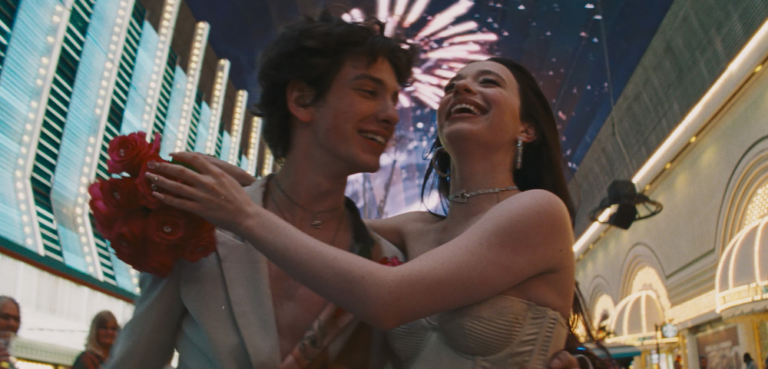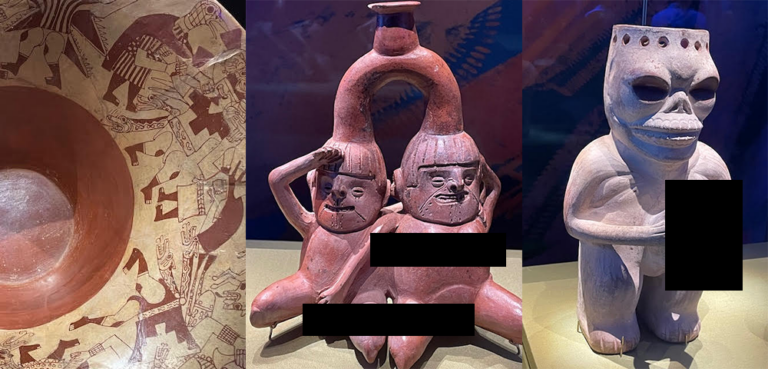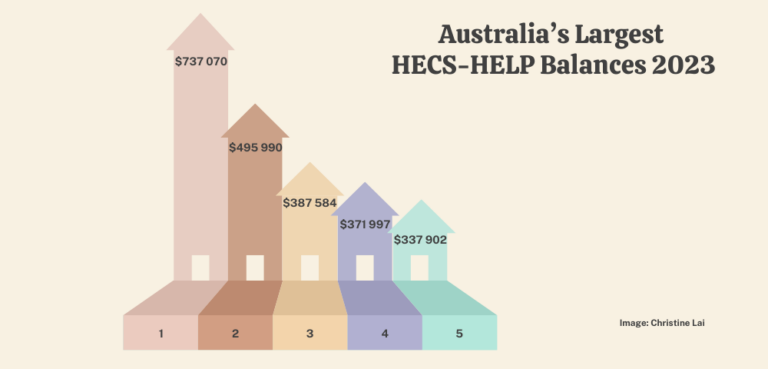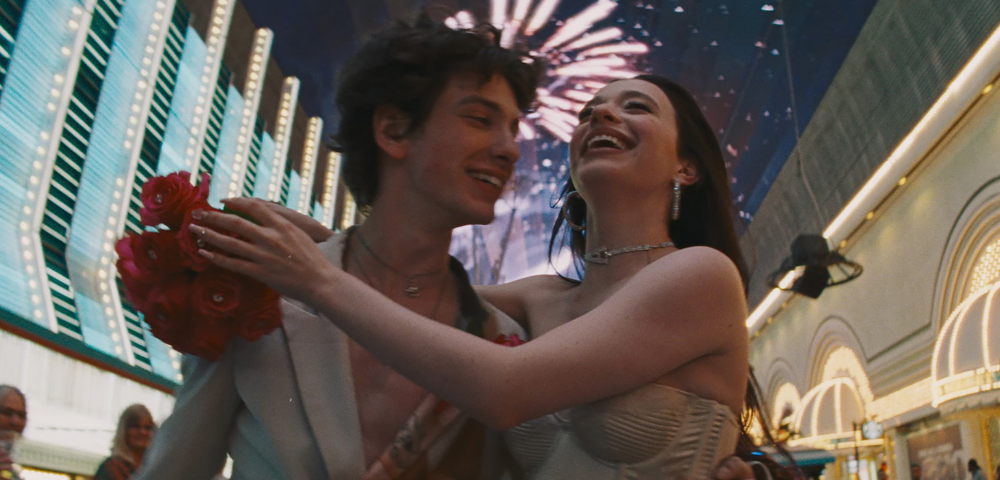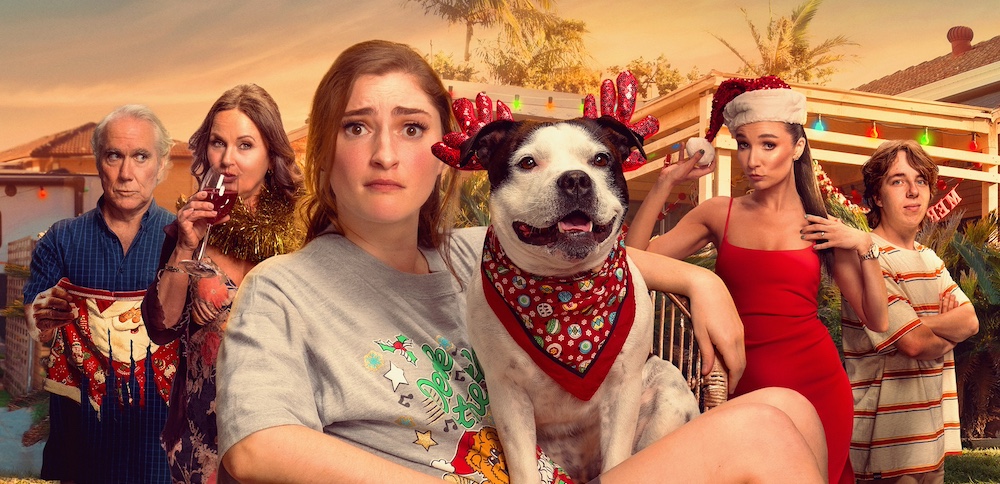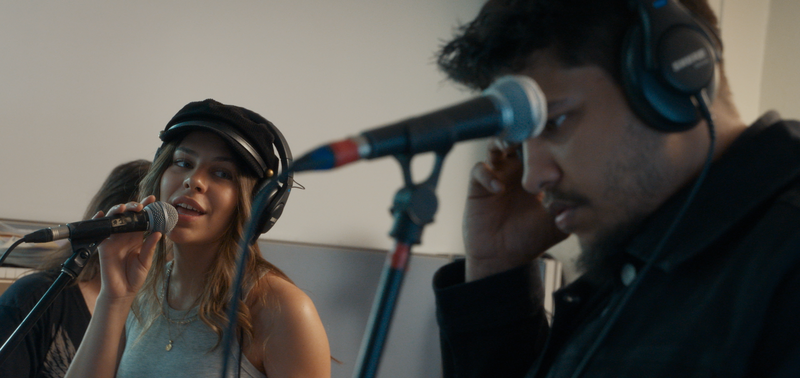
THE NAKED CITY: SING A SONG OF SILICON
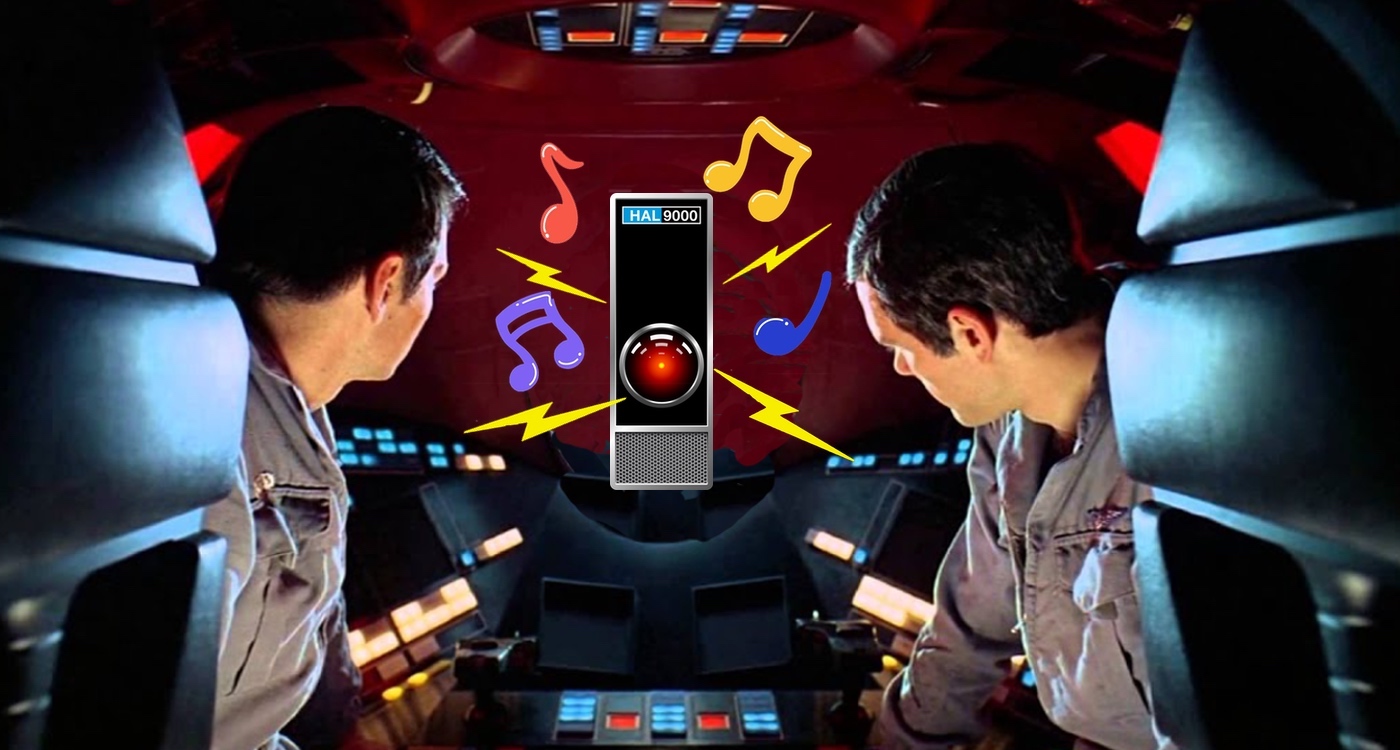
In the good old days of creative song writing, budding musicians tinkled for hours on pianos or strummed away on guitars; teenage bands sought inspiration in suburban garages and professional songwriters churned out hit after hit in New York’s legendary Brill building. It was all very romantic – the idea of crafting a popular song from just a catchy lick or inspired lyric and making a motza in the process.
Enter Artificial Intelligence and suddenly everything is about to change, almost overnight. Regardless, the record industry and those that dish out awards like the Grammys, insist that nothing has really changed. The glory days of the ‘60s through to the ‘90s are still with us and the natural creative juices of musicians and songwriters are still flowing as strong as ever.
When HAL9000, the heuristically programmed algorithmic computer, started calling the shots in the 1968 movie 2001: A Space Odyssey, many dismissed the concept as just a scaremongering piece of sci-fi fantasy. We still hold to the belief that computers are going to make our lives a lot easier in the future but good old mankind will always be in charge. When it currently comes to employing AI to entirely write and record a song, that may well still apply, but to quote the immortal Bob Dylan, ‘The Times They Are A-Changin’.
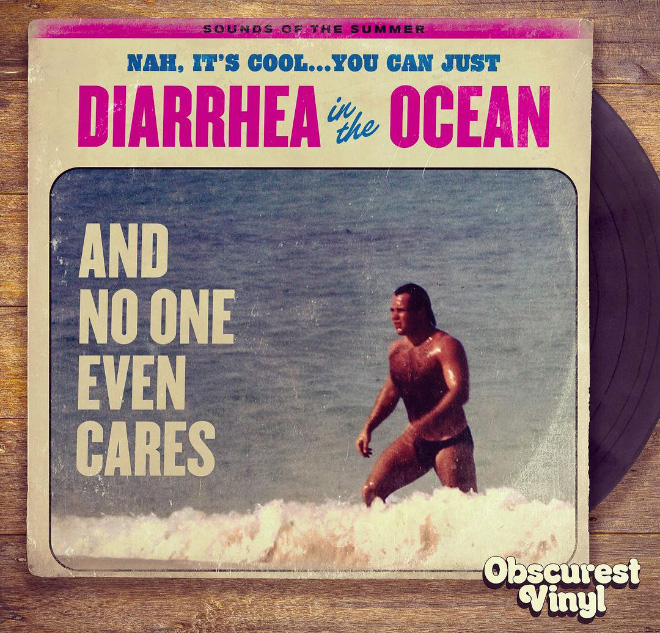
Grab yourself something like a Loudly AI Music Generator and, as they advertise, you could be making AI music with the click of a button. There’s even a library of so called musical stems you can download to start with. Then it’s just a matter of: “simply input your commands and Loudly will do the rest, delivering unique AI music results every time”.
Already a rash of AI generated songs have hit the internet, many of them parodies posted more for a cheap laugh than actually generating money. Sites like Obscurest Vinyl have become popular on YouTube and Instagram with a retro series drawing on old school soul, funk and country. They claim to write the actual spoof lyrics and supply the base melodies but it’s AI that pumps out the finished product.
There are countless opportunities here for parody and satire but so far the obsession seems to be with toilet humour and male genitalia. Unfortunately, similar sites display the same scatological and crudely sexual bent. Perhaps the only saving grace are the accompanying retro album covers, some of which are remarkably clever.
With the Pandora’s box of AI generated songs only partly open, there’s a looming legal battle awaiting over copyright and artistic infringement. For starters, even if you and your AI buddy come up with the next big hit, you may never be able to claim true authorship and reap the bounty of millions in royalties. At the moment the U.S. Copyright Office only recognises works “created by a human being”, stating “users do not exercise ultimate creative control over how AI systems interpret prompts and generate material.”

That’s of course if the so called songwriter owns up and admits that they employed AI to write their brand new work. No doubt many current songwriters are using their computers for that very purpose, and to what degree it’s their own creative input is questionable. Then there’s the problem of infringement, where both elements of well known songs and partly altered voices of established singers are used to generate AI recordings.
We have seen that kind of infringement played out in the analogue world already, such as the celebrated case of Men At Work being forced by the courts to fork out royalties for their use of a melody line from the song ‘Kookaburra Sits In The Old Gum Tree’. That was a fairly straightforward case compared to the subtleties and complexities of AI infringement. There lies a legal minefield that’s going to keep music industry lawyers well compensated for years to come. Los Angeles intellectual property lawyer, Howard E. King has recently stated:
“The biggest unresolved legal issue is whether or not artists, record labels and publishers can claim infringement as AI learns from copyrighted works, even if the output bears little relation to the original compositions or lyrics. That’s the $64 question.”
It’s all rather sad, and maybe in another ten to twenty years the bulk of the Spotify library will have been orchestrated almost entirely by computers. A futuristic version of HAL9000 will be deciding what’s a good song or not and human beings will not even get to push a button. Somebody please pull out the power lead!
